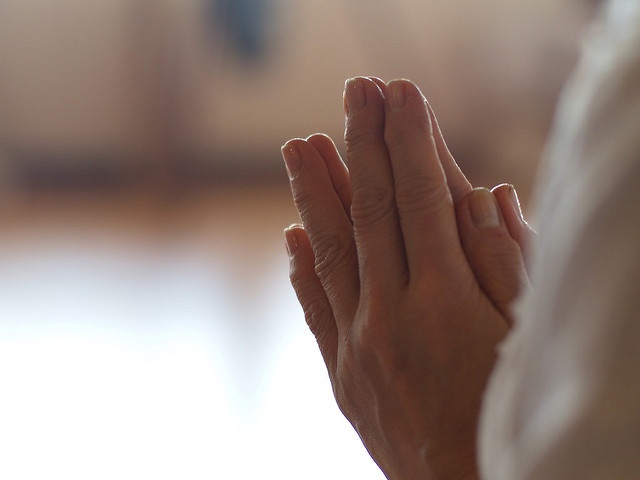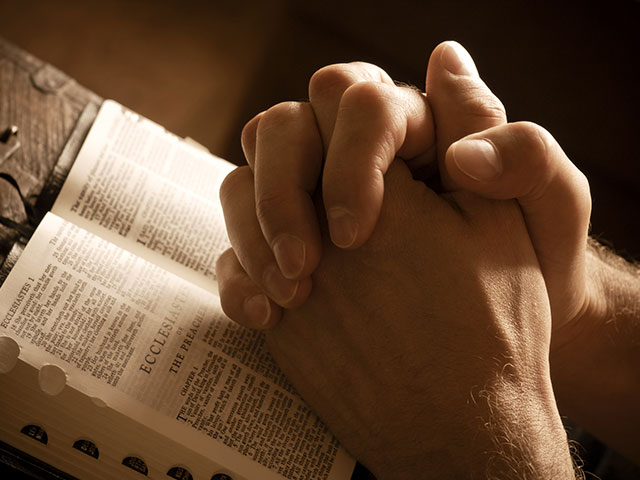In the rich tapestry of human culture, creation stories are timeless threads weaving through the fabric of various religions. These narratives not only explain the origins of existence but also offer profound insights into the unique beliefs and values shaping diverse societies. In this comprehensive analysis, we delve into the creation stories of major world religions, unveiling the similarities, differences, and profound meanings embedded within.
Understanding Creation Narratives
Hinduism: The Cosmic Dance of Brahma
In Hinduism, the creation story is a cosmic dance orchestrated by Brahma, the ultimate creator. The concept of cyclical time, encapsulated in the endless cycles of creation, preservation, and destruction, presents a dynamic and ever-renewing universe.
Christianity: Genesis and the Divine Word
Christianity, rooted in the Bible, narrates the creation through the book of Genesis. The majestic account unfolds as the Almighty utters the divine word, bringing forth light, land, and life itself. The narrative emphasizes the divine intentionality behind every aspect of creation.
Islam: Allah’s Command and Creative Power
In Islam, the Quran details the creation story, portraying Allah’s command as the catalyst for the universe’s formation. The concept of Tawhid, the oneness of Allah, underscores the unity and purpose inherent in creation.
Buddhism: Interconnectedness and Impermanence
Buddhism offers a unique perspective on creation, focusing on the interconnectedness of all beings and the impermanence of existence. The cosmic web of interdependence forms the backdrop for the unfolding drama of life.
Indigenous Beliefs: Harmony with Nature
Indigenous cultures often intertwine creation stories with a deep connection to nature. These narratives emphasize the importance of living in harmony with the natural world, acknowledging the sacredness of all life forms.

Common Threads and Divergent Paths
As we unravel these creation stories, common themes emerge. The struggle between chaos and order, the significance of light, and the symbolic use of elements like water and earth echo across cultures. However, the unique cultural contexts and theological nuances distinguish each narrative, reflecting the diverse interpretations of the fundamental question: “How did we come into being?”
Significance in Modern Society
Understanding creation stories is not merely an exercise in historical or theological exploration. In today’s globalized world, where diverse cultures intersect and interact, appreciating the richness of these narratives fosters empathy, tolerance, and cross-cultural understanding. It becomes a bridge that connects individuals across religious and cultural divides, promoting dialogue and mutual respect.
Exploring Further Horizons
In conclusion, the comparative analysis of creation stories across various religions illuminates the diverse ways in which humanity grapples with the profound mystery of existence. These narratives, steeped in tradition and symbolism, continue to shape the cultural landscapes of societies around the world. If you found this article useful, you may also visit the Bible Keeper blog to read more about the comparative analysis of creation stories across various religions.






